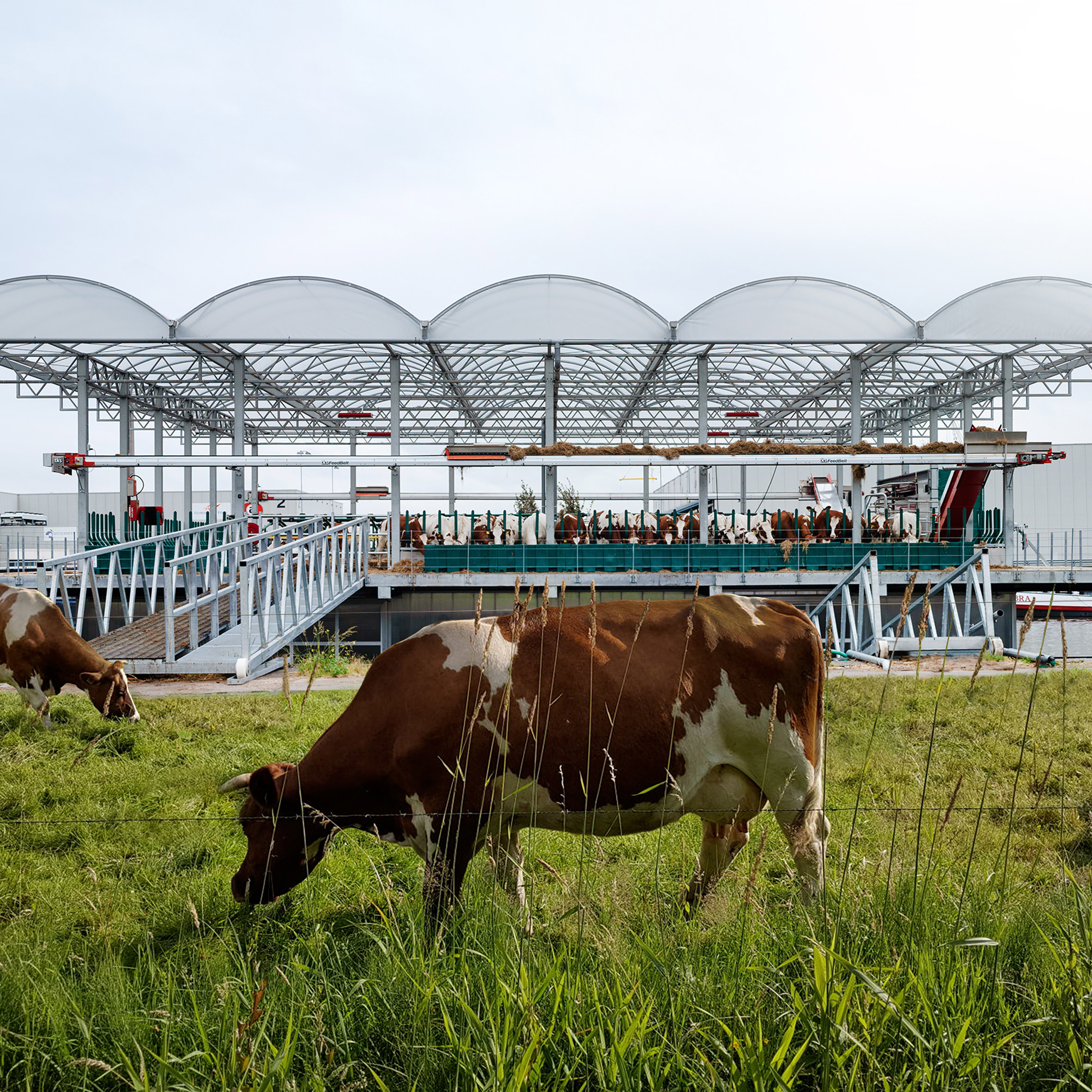Both immigrant-rights advocates and a whistle blower are shining a light on the unwarranted, arbitrary use of solitary confinement in immigrant detention centers.
The Atlantic obtained documents that span four years between 2014-2018 from ICE and the Department of Homeland Security that reveal the extensive use of solitary confinement. Some reasons cited in the documents for putting immigrants in isolation include, "contraband sugar packets, menstruating on a prison uniform, and requesting an ankle brace." (Urbina,
The Atlantic)
Although both the Obama and Trump administrations are guilty of over utilizing this form of detention, the rate of solitary confinement has been steadily increasing under the Trump administration. More often than not, the Trump administration cites mental illness and hunger strikes as a reason for isolating a person. In fact, 40% of those place in solitary confinement were considered to have mental illnesses and in some cases spent 370 to 904 days in solitary confinement. When a person has a mental illness, solitary confinement worsens their condition, which ICE's own doctors and lawyers have confirmed.
Solitary confinement that lasts more than fifteen days for any person is considered to be a violation of human rights under the International Covenant on Civil and Political rights, and yet this practice of isolation continues. The practice of solitary confinement is only supposed to be used as a last resort, according to a 2013 federal directive, and some human rights lawyers argue that because many of the immigrants are being held on civil, not criminal charges, that such punishment is not supposed to take place in the first place.
Article Link






